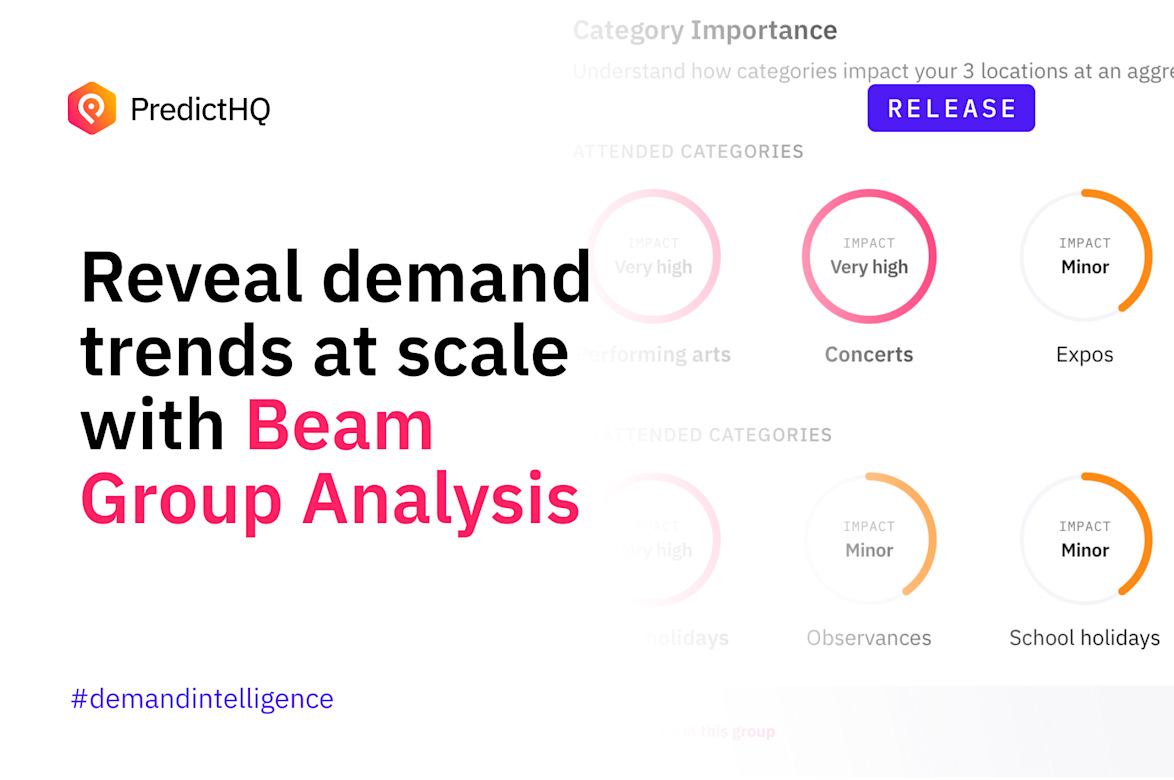Leverage APIs – Focus on Your Core Capabilities

With rapid changes not only in business, but also in customer demand, there is a growing need to build and develop cutting edge applications more and more quickly. Yet demand can outstrip time available and often this leaves developers struggling.
What are some of the best ways to maximize development time? How can a developer’s skills be best utilized?
In this post we’re going to look at a couple of things that can really help.
Planning the Development Cycle Effectively
Firstly, as all good developers know, emphasis should be placed on planning in your development cycle correctly.
Working out who is going to work on certain aspects and collaborating effectively can really help as well. Without a structured approach, it is easy be become distracted, or run out of time if too much attention is paid to one particular feature over the others.
One way this tends to happen is when clear success criteria are not outlined or stuck to. If you know what you’re trying to achieve, along with necessary features that add functionality or enhance user experiences, you are far more likely to focus development time in the right areas. Allowing extra features to be requested part-way through, or not having a clear end goal, means development is often sporadic and done on a best endeavors basis. The end result is either an unfinished product come deadline day, or something that doesn’t actually fit the functional requirements.
It also prevents problems with developers coding over each other when adding in features. Nothing can slow a project down more than finding two or more people trying to write the same feature, leaving other work unfinished. Getting the success criteria mapped on a timeline will greatly help maximize everyone’s efforts, allowing the focus of the development time to be on the core functions and features required.
APIs for Integration
Secondly, it is important not to re-invent the wheel. We’ve already highlighted the dangers of two or more developers coding the same feature. But there are other areas where people often end up trying to code something that already exists. Let’s look at APIs for example.
With the right sort of API you can, as we’ve highlighted before, identify events quickly meaning you don’t need to waste time. APIs are often an integral part of any software developers’ toolkit, but they can often cause time loss in a new project.
While yes, developers can create their own APIs following certain principles, this is not always necessary. An often overlooked area is the addition of pre-existing APIs into a project. By turning to the marketplace for an API, businesses are freeing up developers and are better able to focus on their core capabilities; rather than trying to create something that likely already exists.
How APIs Work
The right kind of API can take flat, or even unlinked data, put it all together and turn it into intelligent data quickly.
There are also some great options out there currently. Whether you want to work with location-based APIs, global event APIs, or other types, each bring their own benefits and many can be found pre-existing. The end goal is often the same—generating something much more easily utilized and analyzed by a system. How quickly, how smartly, and how well an API reacts to a trigger are all things that should be considered when looking to utilize them.
As just one example of where APIs can be used most effectively, we can look at revenue management. In this case, responding to global events data or event feeds are just a couple of areas they can be used in, all of which aim to improve the management of revenue through faster event response. Some industries have seen real differences—hotel and airline companies for example. Travel is an area where demand can change quickly and being able to understand why and how these have changed has given some businesses here a real edge. These companies are looking to maximize their conversion rates and a solid API solution certainly helps with this.
These businesses, given their nature, do not have time to waste on things like manual processes or risk human error. APIs have been key for them but they have gone one step further, focusing on their core capabilities, utilizing pre-built API solutions over trying to develop their own. This quick uptake has again seen companies take the lead in utilizing more forward-thinking strategies.
Where to Go from Here
Overall there are several key things to remember here. One, time management and clear planning is key. It allows better utility of development time and means deadlines can be met. Two, don’t waste time re-creating what’s already been done. It important not to get bogged down in the development of something that likely already exists and APIs are just one area where developers trip over themselves.
Good utilization of developer time and skills allows a business to focus in on what they want to deliver, develop faster, and spend more time on creating new features rather than going back over old ground.




